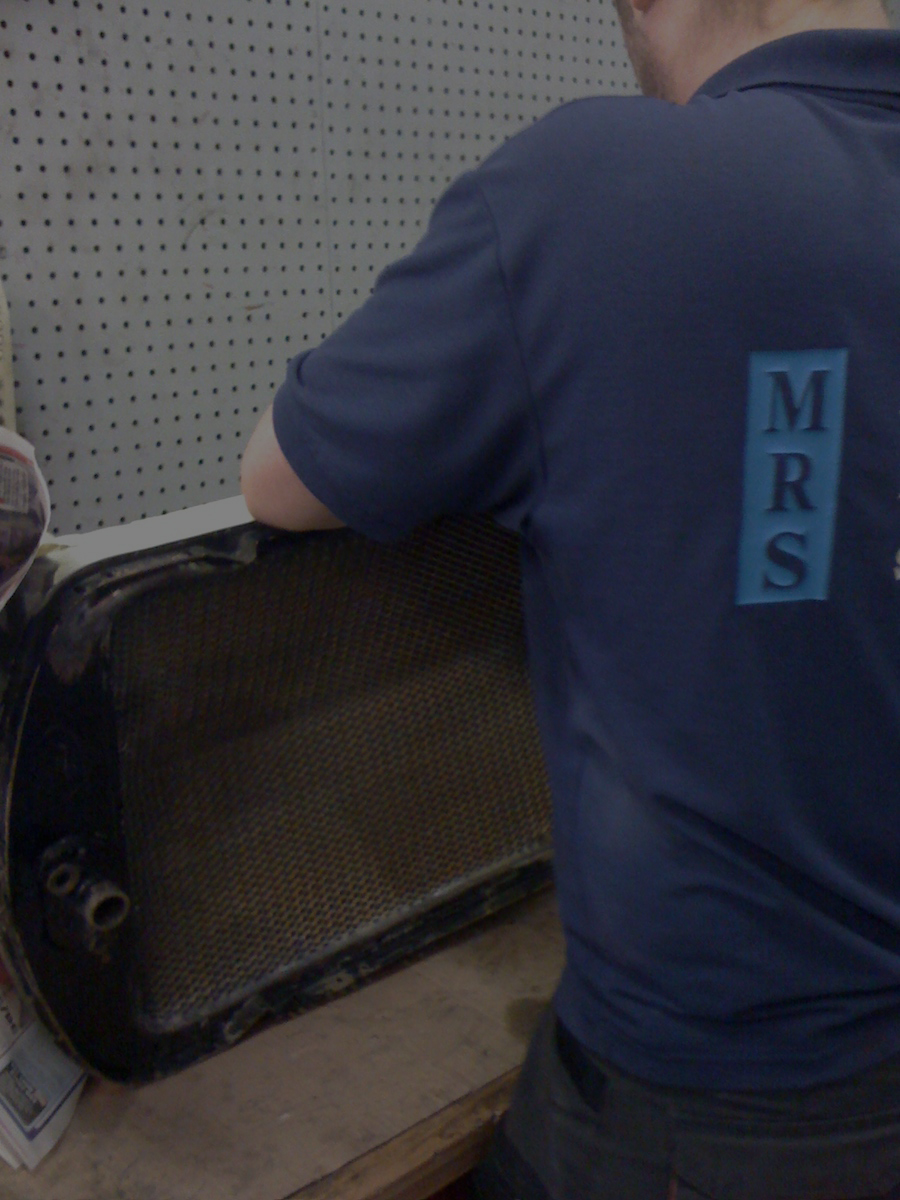An intercooler is an important part of a car’s turbo system and as such, a leaking intercooler can cause significant issues for vehicles. But what are the most common Problems caused by a leaking intercooler? And how can these be resolved?
What is an intercooler?
Firstly, it’s important to understand the role of an intercooler in a vehicle’s engine. The intercooler is an essential component of a turbocharged or supercharged engine. Its primary function is to cool the compressed air coming from the turbocharger or supercharger before it enters the engine’s intake manifold. By reducing the temperature of the air, the intercooler improves the density of the air, leading to better combustion efficiency and increased power output.
What are the most common problems caused by a leaking intercooler?
There are a number of problems and issues that can arise as a result of a leaky intercooler. These include:
- A loss of turbo boost pressure
- Decreased fuel efficiency
- Engine failure
- Climate related problems
A loss of turbo boost pressure
When a leak occurs in the intercooler, several issues can arise. One of the most immediate consequences is a loss of turbo boost pressure. Leaks allow the pressurized air to escape, resulting in reduced power delivery. This loss of boost pressure negatively affects acceleration and overall performance, making the vehicle feel sluggish and less responsive. It becomes particularly noticeable during overtaking maneuvers or when driving uphill.
A leaking intercooler can cause decreased fuel efficiency
Moreover, a leaking intercooler can lead to decreased fuel efficiency. As the air leaks out of the system, the engine compensates by injecting more fuel to maintain the desired air-fuel ratio. This overcompensation results in excessive fuel consumption, which can be costly for vehicle owners in the UK, where fuel prices are typically higher than in many other countries. Additionally, increased fuel consumption contributes to higher carbon dioxide emissions, negatively impacting the environment.
Engine failure
Another issue caused by a leaking intercooler is the potential for engine damage. When the intercooler leaks, it allows unfiltered air to enter the engine, which can contain dirt, debris, and other contaminants. These particles can cause abrasive wear to the engine’s internal components, such as the cylinders, piston rings, and valves. Over time, this can lead to reduced engine performance, increased oil consumption, and even engine failure, necessitating expensive repairs or replacement.
Climate related problems caused by a leaking intercooler
Furthermore, the UK’s climate poses unique challenges when it comes to a leaking intercooler. The country experiences a wide range of weather conditions, including cold and wet environments. In colder temperatures, the leaking intercooler can lead to the formation of ice or frost on the engine components, further restricting airflow and exacerbating the loss of performance. The combination of moisture and leaking air can also create a breeding ground for corrosion, potentially leading to premature deterioration of the intercooler and other surrounding components.
Here at MRS Heat Transfer we are experts with all manner of heat transfer products including intercoolers, and we have the skills, knowledge and expertise to resolve any issue or problem. Why not get in touch today to find out more?

